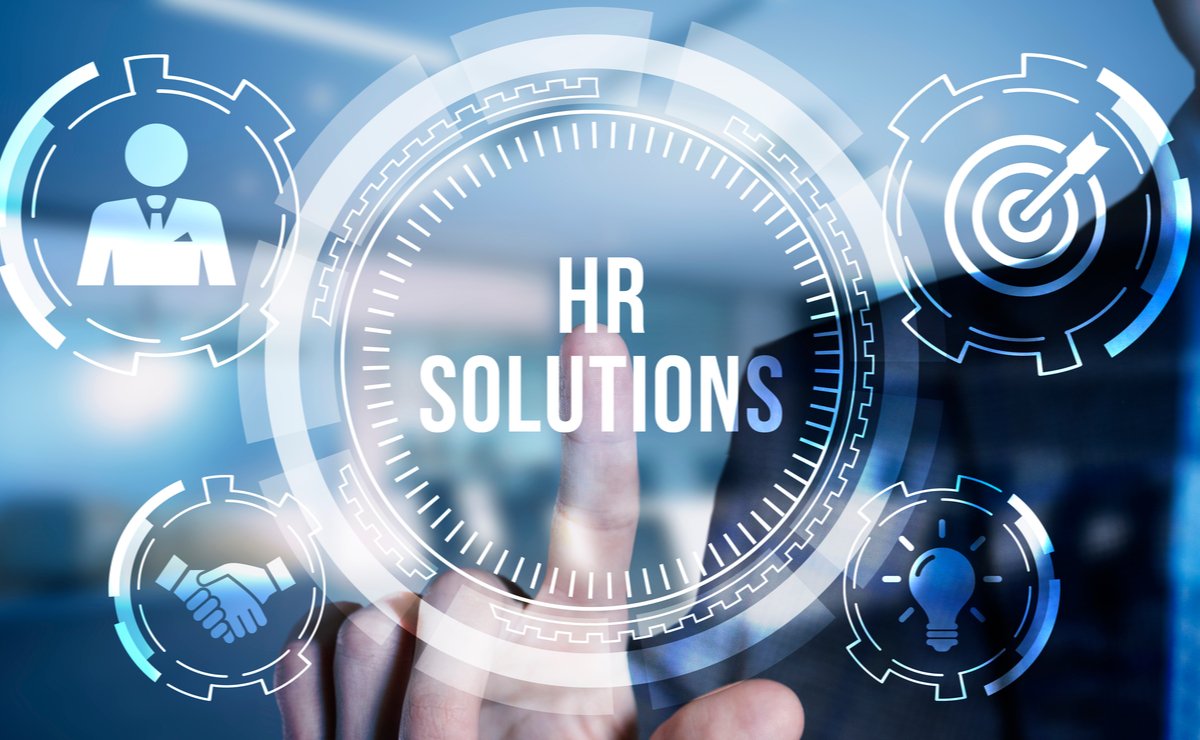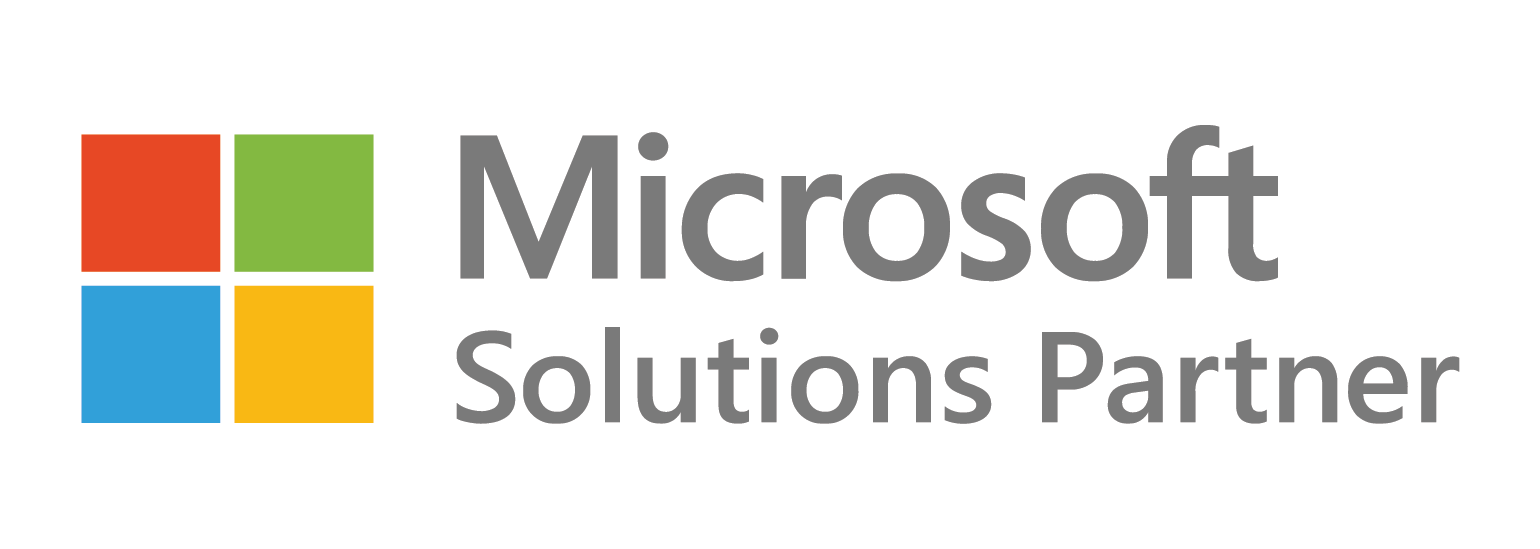 The management of a workforce has become a crucial aspect of organizational success in the ever-evolving landscape of contemporary business.
The management of a workforce has become a crucial aspect of organizational success in the ever-evolving landscape of contemporary business.
The winds of change sweeping through the global business environment are redefining traditional human resources (HR) paradigms, compelling organizations to adopt innovative solutions for workforce management.
This expansive article aims to delve deeply into the revolutionary transformations that are reshaping the contours of HR, exploring a spectrum of modern solutions that are not just responding to the challenges of today but also preparing businesses to navigate the complexities of an uncertain future.
organizations are leveraging big data in HR for informed decision-making.
This section embarks on an exploration of how advanced analytics and artificial intelligence are being harnessed to make sense of the vast data reservoirs within HR departments. From predicting workforce trends to refining talent acquisition strategies, data-driven decision-making is evolving from a mere tool for HR optimization to a strategic compass guiding the entire organization. We delve into real-world applications, showcasing how HR professionals are utilizing data to enhance employee engagement, optimize performance, and foster a culture of continuous improvement.
Agile Workforce and Remote Collaboration:
The recent surge in remote work has necessitated a profound reevaluation of traditional workforce management models. This segment unfolds the multifaceted ways in which HR solutions are adapting to meet the demands of an agile and geographically dispersed workforce. We explore how organizations are investing in digital collaboration platforms, virtual communication tools, and innovative project management systems to ensure seamless connectivity and collaboration. Moreover, we scrutinize the strategies that HR is employing to balance the newfound flexibility of remote work with the need for a cohesive organizational culture, employee well-being, and sustained productivity.
Personalized Employee Experiences
Employee expectations are evolving, and with them, HR solutions are pivoting towards delivering personalized experiences. This section takes a deep dive into the customized approaches organizations are adopting to meet the unique needs of individual employees. From tailoring career development plans to providing flexible benefits packages, the focus is on creating a workplace that not only recognizes the diversity of its workforce but actively embraces it. We explore how technology is aiding in the personalization of HR services, from chatbots offering individualized assistance to predictive algorithms anticipating employee needs.
Automation and Robotics in HR Operations
Automation and robotics have become linchpins in the modernization of HR operations, transforming routine tasks and freeing up valuable time for strategic endeavors. This part of the article delves into the nuanced integration of robotic process automation (RPA) and AI-driven tools into HR processes. From automating recruitment workflows to streamlining onboarding procedures, we unravel the ways in which automation is augmenting HR efficiency. However, we also explore the potential challenges and ethical considerations surrounding the increasing reliance on technology in HR, emphasizing the importance of a balanced approach.
Continuous learning and skill development
In an age where the pace of technological evolution is relentless, the need for continuous learning has transcended from a mere aspiration to an organizational imperative.
Companies are no longer able to keep up with the rapid changes in technology without investing in their employees’ learning and development. As a result, organizations are now focused on providing their employees with the tools and resources needed to stay ahead of the competition.
This section scrutinizes the role of modern HR solutions in fostering a culture of continuous learning and skill development. From personalized training programs and interactive learning platforms to initiatives that encourage a mindset of curiosity and innovation, HR is positioned as a central force in ensuring that employees remain not only adaptable but also thrive amidst technological disruptions.
We explore case studies illustrating successful implementations and their impact on employee retention, satisfaction, and organizational resilience.
Conclusion
In summary, the revolution in workforce management is a complex and multifaceted journey that traverses the realms of data-driven decision-making, agile workforce strategies, personalized employee experiences, automation, and continuous learning. As organizations embark on this transformative path, they are not merely responding to the challenges of the present but proactively positioning themselves to excel in the future of work.
This comprehensive guide serves as a robust roadmap, offering insights and strategies to organizations seeking not just to adapt but to lead the way in the dynamic and evolving landscape of modern workforce management. By embracing these revolutionary HR solutions, businesses can cultivate resilience, innovation, and a thriving workplace culture, ultimately ensuring sustained success in the ever-changing world of business.



